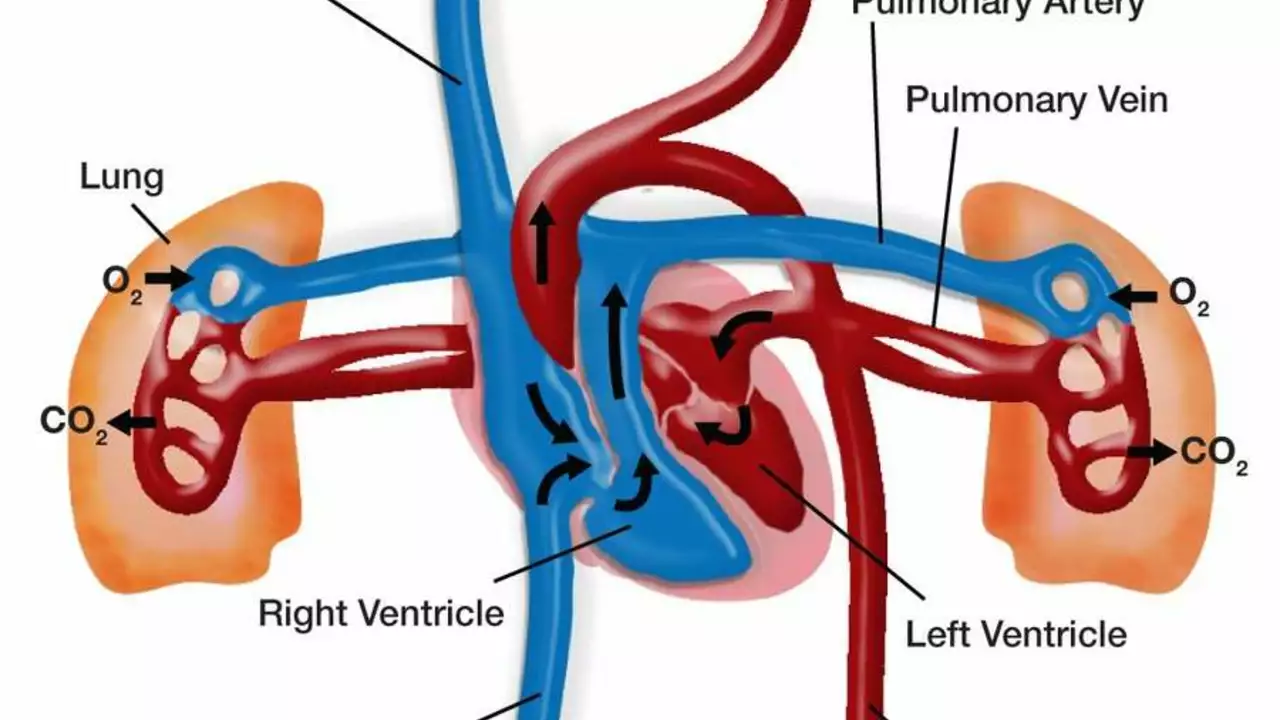Heart health made simple: what really helps
Heart disease is still the top killer worldwide, but small, steady changes cut risk a lot. You don’t need a radical life overhaul—just clear actions you can stick with. This page gives practical steps: how common heart meds work, what to eat, daily habits that protect your heart, and when to call your doctor.
Medications and monitoring
Medications can prevent big problems. Statins lower cholesterol and reduce heart attack risk. Blood pressure drugs (ACE inhibitors, ARBs, beta-blockers, diuretics) keep your arteries from getting damaged. If you’ve had clots or atrial fibrillation, anticoagulants like warfarin (Coumadin) or direct oral anticoagulants help prevent strokes. Each drug has specific checks: statins need occasional liver tests; warfarin needs INR blood tests and attention to food and drug interactions.
Stick to the schedule your doctor gives. Missing doses or mixing supplements without asking can undo benefits. If you take warfarin, learn the Vitamin K rule—large, sudden changes in leafy green intake can shift your INR. For newer anticoagulants, the monitoring is easier but still check kidney function as recommended.
Daily habits that protect your heart
Move more. Aim for 150 minutes of moderate activity a week—brisk walking, cycling, or dancing counts. Add two sessions of strength work to keep muscle and metabolism healthy. You don’t need a gym; bodyweight exercises and walking work well.
Watch what you eat. Cut down added salt and processed foods. Fill half your plate with vegetables, choose whole grains, and pick healthy fats—olive oil, avocados, and nuts. English walnuts are a solid choice: they bring omega-3s and healthy fats that support cholesterol balance. Limit sugary drinks and too much alcohol; one drink a day for women and two for men is a common guideline, but lower is safer if you have high blood pressure or arrhythmia.
Sleep and stress matter. Poor sleep raises blood pressure and inflammation. Aim for regular sleep and manage stress with breathing, short walks, or hobbies. Quitting smoking is the single biggest change you can make—benefits start within weeks.
Know your numbers. Measure blood pressure at home, know your cholesterol and blood sugar, and track weight. Share results with your clinician and ask how often to recheck. If you notice chest pain, sudden breathlessness, fainting, or unexplained swelling in your legs, get medical help quickly.
Final practical tips: set phone reminders for meds, prepare simple heart-friendly meals once a week, and do short activity breaks during the day. Small, consistent steps add up and make medications work better. If ever unsure about a drug or supplement interaction, call your clinic—safe choices start with good information.
In my latest blog post, I've explored how nitroglycerin plays a vital role in regulating blood pressure and circulation. This powerful medicine works by dilating the blood vessels, which eases the heart's work and improves blood flow. It's particularly effective in treating angina, a condition characterized by chest pain due to decreased blood flow to the heart. However, nitroglycerin must be used under medical supervision as its misuse can lead to severe side effects. Overall, this marvel of modern medicine is a crucial tool in maintaining heart health and managing circulatory issues.

